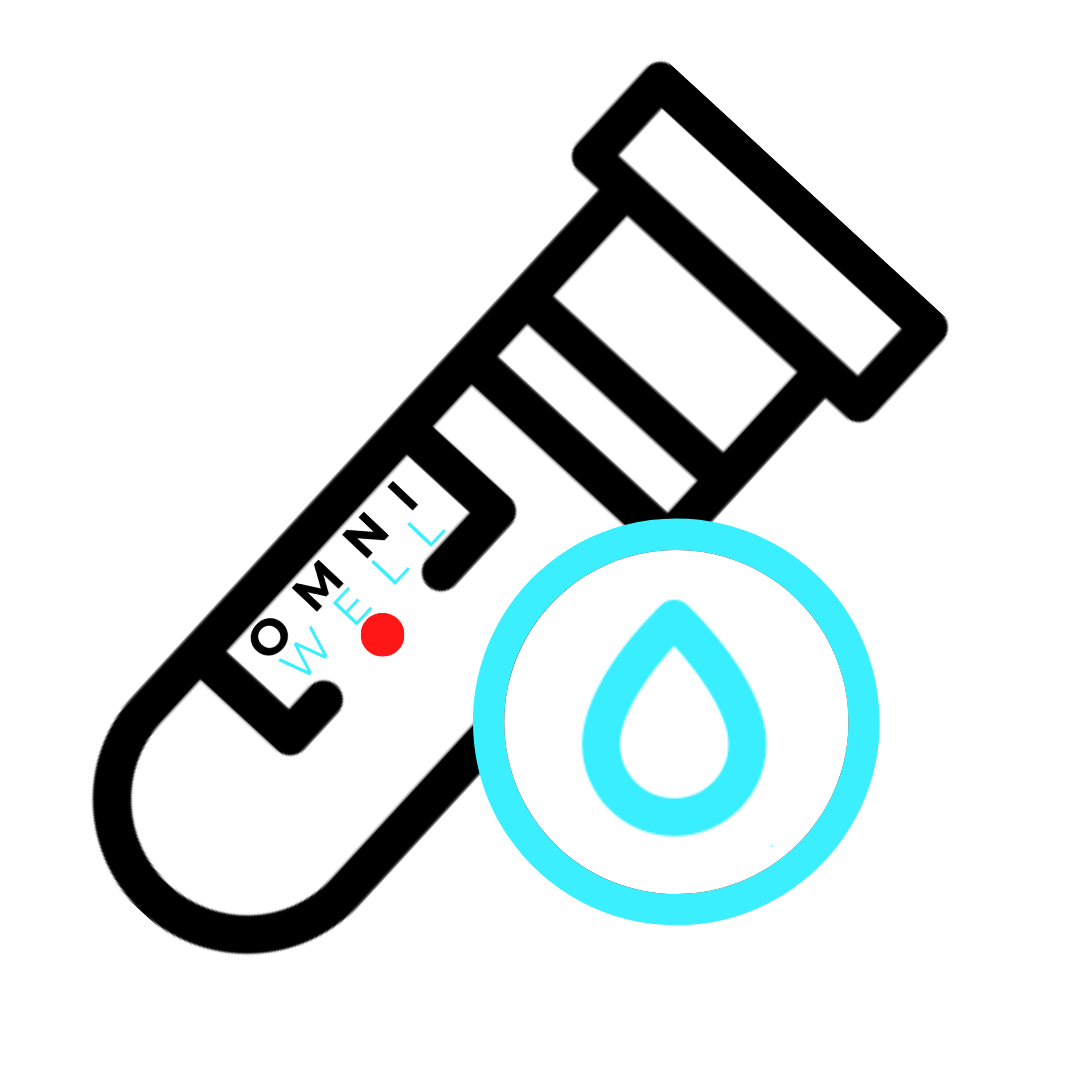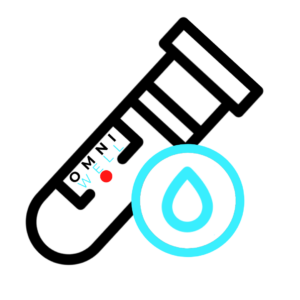B12 is a vitamin that is necessary for normal red blood cell (RBC) formation, neurologic function, and DNA production. B12 must be supplied by the diet or supplementation because the body is not able to produce it.
People who are deficient in Vitamin B12 may not have any symptoms or may present with symptoms of anemia or nerve damage. General symptoms related to anemia and nerve damage include fatigue, weakness, difficulty concentrating, depression, numbness or tingling in the hands and feet, headaches, moodiness, and gastrointestinal symptoms. Some people may not have all or any of these symptoms but still have deficiencies. Early detection is important to prevent irreversible damage over time, especially to the nervous system. Generally, people who are likely to have a B12 deficiency have:
- Problems absorbing the vitamin
- Poor or restricted nutritional intake
- Interference from a medication they are taking
- Increased energy requirements (eg, pregnancy)
This test may be appropriate for those who:
- Have a disorder that causes decreased absorption of certain vitamins or minerals
- Have a diet low in vitamin B12-rich foods (dairy, eggs, fish, poultry, or red meat)
- Are at risk for gastrointestinal absorption problems such as celiac disease, Crohn’s disease, partial bowel removal, pernicious anemia, atrophic gastritis
- Are pregnant or nursing
- Are 65 years and older
- Are a recent alcohol abuser
- Taking certain medications: long-term use of antacid drugs (proton pump inhibitor and H2 blockers), metformin (a diabetes medication) and chloramphenicol (an antibiotic)
The Vitamin B12 Test does not require fasting.








